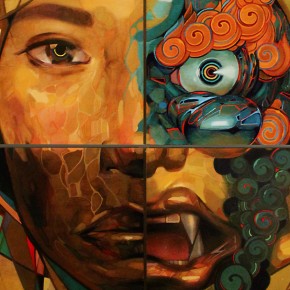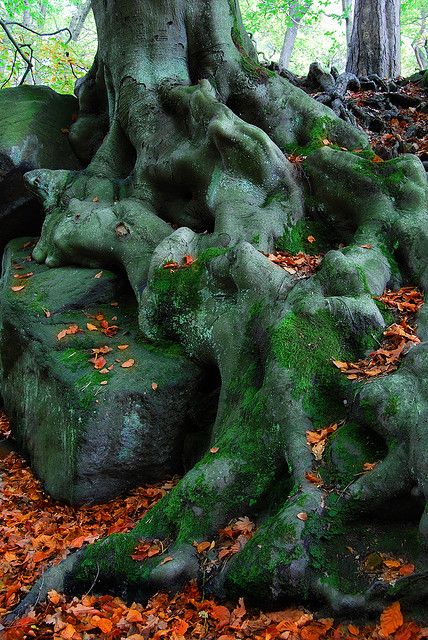Every time you discover a new word or term your universe expands. If you had a good teacher at school you may have heard this saying from her or him. One of the new terms I’ve been enjoying exploring in my own practice recently is ‘social metaphysics’, the article below explores this powerful idea in terms of mindfulness practice.
For those in Singapore a final reminder of the Enlightened Flow Workshop this Sunday, 29th June, start time 9.30am!
Special Soul portrait summer sale offer closes this Thursday, 26th June.
Yours in the spirit of trusting your mind,
Toby
 I-Awake Technologies product offer of the month
I-Awake Technologies product offer of the month
Get 25% off Heart Wave Meditation; “A new discovery in Meditation Technology for engaging the heart”
Click on the link to listen to the free sample and find out more.
To get the 25% discount simply type in the coupon code NEWSJUNE25OFF into the relevant box during purchase and checkout
 Liberation from Social Metaphysics
Liberation from Social Metaphysics
“Social metaphysics is the psychological condition of one who holds the minds and perspectives of other people, not objective reality, as the ultimate authority and frame of reference”- Nathaniel Branden
What does liberation mean? Many things to different people no doubt. As a mindfulness teacher sometimes I have trouble shaking off the preconception that people sometimes to come to the discipline of mindfulness with, which is the idea the our mind is inherently untrustworthy.
I think one of the problems that people (myself included) have is that we don’t trust and use our mind enough. Rather than being confident in and trusting our own mind’s capacity to process our reality and give us reliable feedback , it can be super tempting to look for someone else to tell us what to think, to tell us what is really there, to tell us what to do, to save us, anything to stop us having to really use our mind more consciously, take responsibility for the choices that we make and from engaging in the actions that will really get us where we want and need to go in life.
This temptation to give up our trust in our mind and the facts in front of us, and to hand over authority to the minds and opinions of others is the problem that Nat Branden calls social metaphysics (metaphysics being the study of ultimate truth). One of the main things that I am trying to do as a mindfulness teacher is to help people to liberate themselves from their own personal social metaphysics and to really learn to trust their own mind and judgment.
Friends, parents, culture, the media, gurus, churches, temples, partners, rich people, poor people, Marxists, politicians, the sources of our social metaphysics are varied and many. To liberate yourself from social metaphysics does not mean that you don’t listen o the opinions of others, it’s just that you don’t hand over your personal authority, integrity and autonomy to them, any of them.
Of course if you take real responsibility for your life, your choices and your happiness then it can be scary, it can be inconvenient making yourself accountable for your life, and of course you are going to make mistakes sometimes.
But can anything be more precious than trusting yourself and your mind deeply and fully, and to act in the real-time of your life centered in this self-trust and confidence?
© Toby Ouvry 2014, you are welcome to use or share this article, but please cite Toby as the source and include reference to his website www.tobyouvry.com










